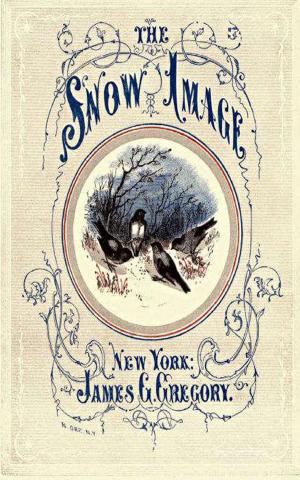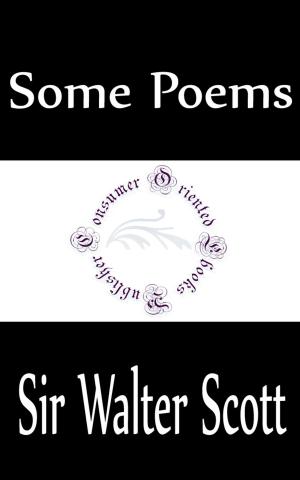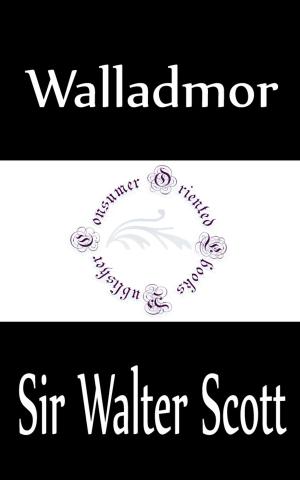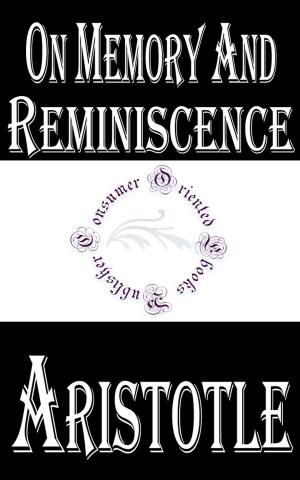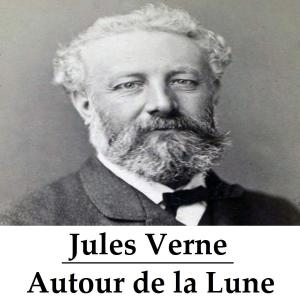Thackerayana (Annotated & Illustrated)
Notes and Anecdotes
Biography & Memoir, Literary, Nonfiction, Reference & Language, Reference| Author: | William Makepeace Thackeray | ISBN: | 1230001422788 |
| Publisher: | Consumer Oriented Ebooks Publisher | Publication: | November 11, 2016 |
| Imprint: | Language: | English |
| Author: | William Makepeace Thackeray |
| ISBN: | 1230001422788 |
| Publisher: | Consumer Oriented Ebooks Publisher |
| Publication: | November 11, 2016 |
| Imprint: | |
| Language: | English |
*This Book is annotated (it contains a detailed biography of the author).
*An active Table of Contents has been added by the publisher for a better customer experience.
*This book has been checked and corrected for spelling errors.
A LARGE portion of the public, and especially that smaller section of the community, the readers of books, will not easily forget the shock, as universal as it was unexpected, which was produced at Christmas, 1863, by the almost incredible intelligence of the death of William Makepeace Thackeray. The mournful news was repeated at many a Christmas table, that he, who had led the simple Colonel Newcome to his solemn and touching end, would write no more. The circumstance was so startling from the suddenness of the great loss which society at large had sustained, that it was some time before people could realise the dismal truth of the report.
It will be easily understood, without elaborating on so saddening a theme, with how much keener a blow this heavy bereavement must have struck the surviving relatives of the great novelist. It does not come within our province to speak of the paralysing effect of such emotion; it is sufficient to recall that Thackeray's death, with its viii overwhelming sorrow, left, in the hour of their trial, his two young daughters deprived of the fatherly active mind which had previously shielded from them the graver responsibilities of life, with the additional anxiety of being forced to act in their own interests at the very time such exertions were peculiarly distracting.
It may be remembered that the author of 'Vanity Fair' had but recently erected, from his own designs, the costly and handsome mansion in which he anticipated passing the mellower years of his life; a dwelling in every respect suited to the high standing of its owner, and, as has been said by a brother writer, 'worthy of one who really represented literature in the great world, and who, planting himself on his books, yet sustained the character of his profession with all the dignity of a gentleman.'
In such a house a portion of Thackeray's fortune might be reasonably invested. To the occupant it promised the enjoyment he was justified in anticipating, and was a solid property to bequeath his descendants when age, in its sober course, should have called him hence. But little more than a year later, to those deadened with the effects of so terrible a bereavement as their loss must have proved when they could realise its fulness, this house must have been a source of desolation. Its oppressive size, its infinitely mournful associations, the hopeful expectations with which it had been erected, the tragic manner in which the one dearest to them had there been stricken down; with all this acting on the sensibilities of unhealed grief, the building must have impressed them with peculiar aversion; and hence it may be concluded that their first ix desire was to leave it. The removal to a house of dimensions more suitable to their requirements involved the sacrifice of those portions of the contents of the larger mansion with which it was considered expedient to dispense; and thus Messrs. Christie, Manson, and Woods announced for sale a selection from the paintings, drawings, part of the interesting collection of curious porcelain, and such various objects of art or furniture as would otherwise have necessitated the continuance of a house as large as that at Palace Green. These valuable objects were accordingly dispersed under the hammer, March 16 and 17, 1864, and on the following day the remainder of Thackeray's library was similarly offered to public competition.
*This Book is annotated (it contains a detailed biography of the author).
*An active Table of Contents has been added by the publisher for a better customer experience.
*This book has been checked and corrected for spelling errors.
A LARGE portion of the public, and especially that smaller section of the community, the readers of books, will not easily forget the shock, as universal as it was unexpected, which was produced at Christmas, 1863, by the almost incredible intelligence of the death of William Makepeace Thackeray. The mournful news was repeated at many a Christmas table, that he, who had led the simple Colonel Newcome to his solemn and touching end, would write no more. The circumstance was so startling from the suddenness of the great loss which society at large had sustained, that it was some time before people could realise the dismal truth of the report.
It will be easily understood, without elaborating on so saddening a theme, with how much keener a blow this heavy bereavement must have struck the surviving relatives of the great novelist. It does not come within our province to speak of the paralysing effect of such emotion; it is sufficient to recall that Thackeray's death, with its viii overwhelming sorrow, left, in the hour of their trial, his two young daughters deprived of the fatherly active mind which had previously shielded from them the graver responsibilities of life, with the additional anxiety of being forced to act in their own interests at the very time such exertions were peculiarly distracting.
It may be remembered that the author of 'Vanity Fair' had but recently erected, from his own designs, the costly and handsome mansion in which he anticipated passing the mellower years of his life; a dwelling in every respect suited to the high standing of its owner, and, as has been said by a brother writer, 'worthy of one who really represented literature in the great world, and who, planting himself on his books, yet sustained the character of his profession with all the dignity of a gentleman.'
In such a house a portion of Thackeray's fortune might be reasonably invested. To the occupant it promised the enjoyment he was justified in anticipating, and was a solid property to bequeath his descendants when age, in its sober course, should have called him hence. But little more than a year later, to those deadened with the effects of so terrible a bereavement as their loss must have proved when they could realise its fulness, this house must have been a source of desolation. Its oppressive size, its infinitely mournful associations, the hopeful expectations with which it had been erected, the tragic manner in which the one dearest to them had there been stricken down; with all this acting on the sensibilities of unhealed grief, the building must have impressed them with peculiar aversion; and hence it may be concluded that their first ix desire was to leave it. The removal to a house of dimensions more suitable to their requirements involved the sacrifice of those portions of the contents of the larger mansion with which it was considered expedient to dispense; and thus Messrs. Christie, Manson, and Woods announced for sale a selection from the paintings, drawings, part of the interesting collection of curious porcelain, and such various objects of art or furniture as would otherwise have necessitated the continuance of a house as large as that at Palace Green. These valuable objects were accordingly dispersed under the hammer, March 16 and 17, 1864, and on the following day the remainder of Thackeray's library was similarly offered to public competition.




